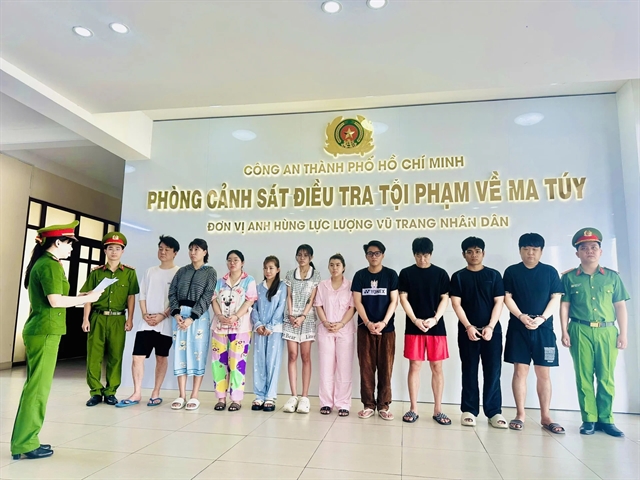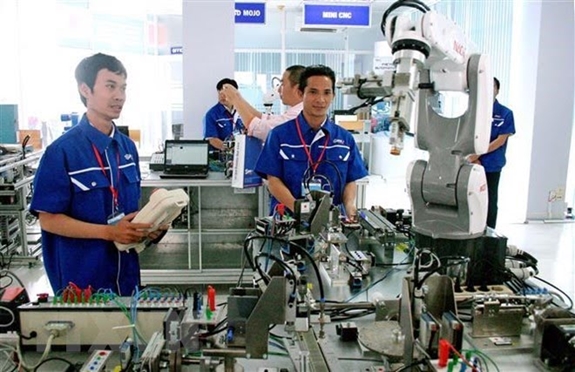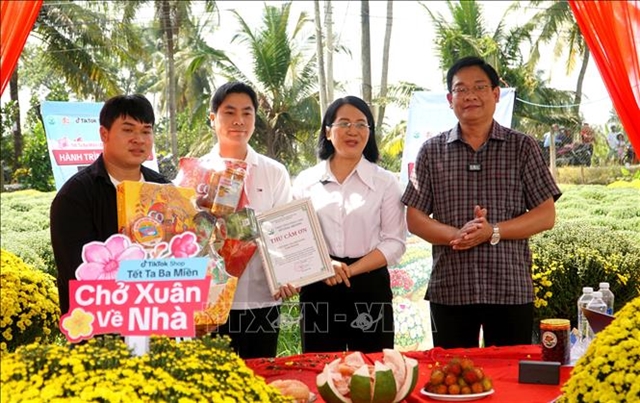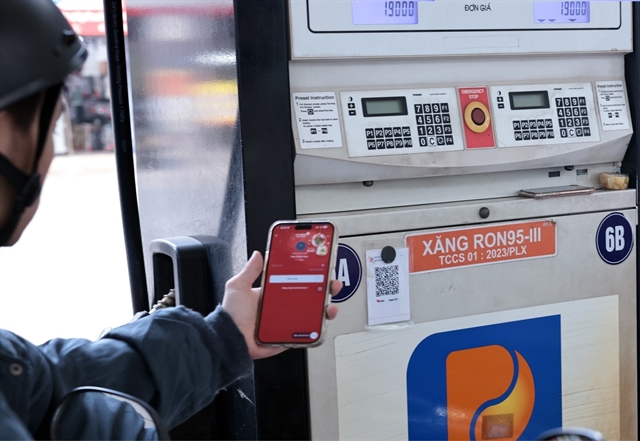 Society
Society

The quality of skilled labour in Việt Nam is still not meeting minimum standards, according to Lê Thị Xuân Quỳnh, an official from the Central Institute for Economic Management.

|
| Vocational training students at a technical school in HCM City. Bnews.vn |
HÀ NỘI – The quality of skilled labour in Việt Nam is still not meeting minimum standards, according to Lê Thị Xuân Quỳnh, an official from the Central Institute for Economic Management.
Quỳnh said currently, the quality of Việt Nam’s labour resources was still very low, reaching only 46 out of 100 points, ranking it number 103 in the world and far behind the ASEAN-4 group.
The country’s vocational education and training sector was equipping learners with fundamental theoretical knowledge but was lacking in skills related to specific occupations, Quỳnh said.
Đỗ Thị Thuý Hương, a member of the Việt Nam E-Business Association said that low labour costs and natural resources would no longer be an advantage for Vietnamese electronic businesses moving forward.
Businesses instead would require highly skilled workers and vocational education and training institutions needed to develop a programme of equipping workers with "soft” skills such as loyalty, responsibility, and communication, Hương said.
In May 2020, the Prime Minister issued a directive on promoting the development of skilled human resources that would contribute to improving labour productivity and increasing national competitiveness.
Localities were tasked with effectively implementing mechanisms and policies to develop vocational education and human resources. The directive said they should focus on undergoing digital transformations including developing online training.
Regular training and retraining of the workforce were also recommended. It was recommended that learners get professional, digital, and entrepreneurship skills as well as in foreign languages.
Việt Nam has set the targets that the vocational education sector will reach the level of ASEAN-4 countries of Singapore, Malaysia, Thailand and the Philippines by 2030 and by 2045 reach the level of G20 countries.
Changes in training are needed
A joint project between Việt Nam and Germany has seen a vocational training programme, run by the Lilama International Technology College send a number of teachers to undertake advanced courses in a variety of trades. When completed they received the equivalent to a German skilled technicians certification.
The college is also certified to conduct vocational graduation exams equivalent to German standards, and is eligible for self-organising exams and awarding vocational school diplomas that meet German standards.
Lý Tự Trọng College in HCM City focuses on sending students to work as interns in businesses so that they have more practical experience and can learn directly from experts.
After the internship period, businesses’ experts provide an assessment of each student.
The school and the enterprises work together to ensure that the knowledge gained and practical skills complement each other effectively.
Dr Phạm Hữu Lộc, the rector of Lý Tự Trọng College, said the school currently has 10 specialised faculties providing training in 50 professions, including seven key occupations with national, regional and international standards.
To enhance skills for students, the school actively works with businesses in export processing zones and industrial zones in HCM City and other provinces and cities. Together they connect and create students with opportunities to practise their skills.
The college has established relationships with about 1,000 businesses around the country.
The school and businesses often coordinate to build training programmes and achieve standards that are closely related to employers’ needs. They also work to establish a "bank" of jobs for graduates with an aim of creating favourable conditions for students to more easily access the labour market. – VNS




